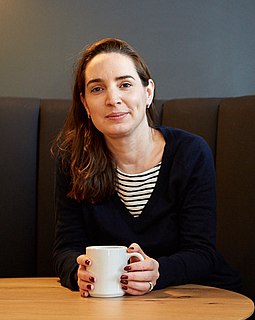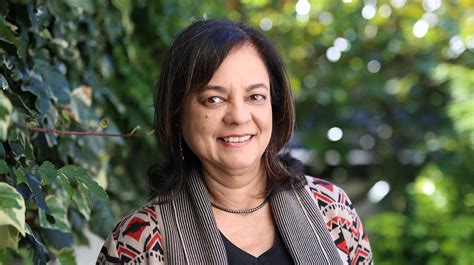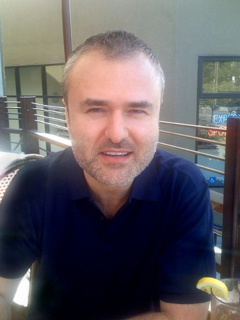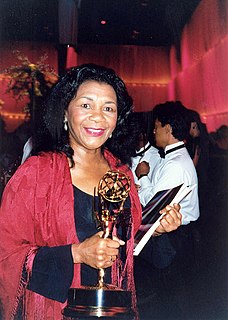A Quote by Jonathan Zittrain
All sorts of factors contribute to what Facebook or Twitter present in a feed, or what Google or Bing show us in search results. Our expectation is that those intermediaries will provide open conduits to others' content and that the variables in their processes just help yield the information we find most relevant.
Related Quotes
An important verity about knowledge is that the brain works most effectively with consciously retained information. We more easily remember what we want to recall later. When we feed our fourteen billion brain cells with information that will enrich us and help others, we are really learning to Think Big.
To go from the vision that we would all be free to express ourselves creatively because our material needs were being met, to this reality where nobody has money, people are unemployed, and the machines are harnessed by the lucky guys who Facebook or Google and we're supposed to be happy just to contribute content to their site.
We are all searching for someone, that special person, who will provide what's missing in our lives -- One who can offer companionship, assistance or security. And sometimes when we can search very hard who can provide us with all three. Yes, we are all searching for someone. And if we can't find them we can only pray they find us.


































